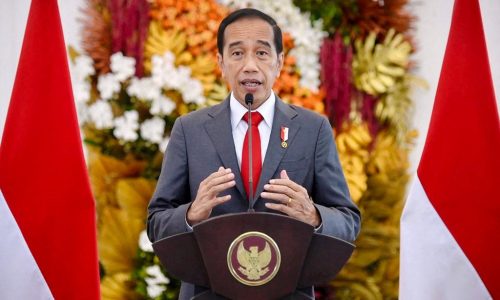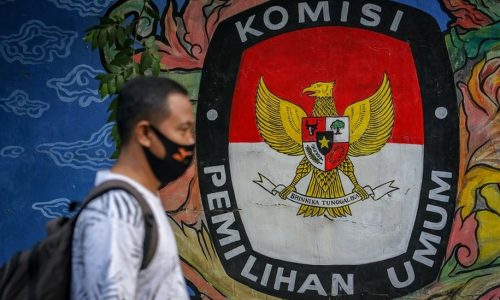Fabby Tumiwa, Executive Director of the Institute for Essential Services Reform (IESR), has criticized the revised regulations on Rooftop Solar Power Plants (PLTS) as being not ideal.
The new regulations have the potential to hinder the growth of rooftop solar power plants and the overall renewable energy mix.
“I think these regulations are not ideal, and I urge that this ministerial regulation be reviewed in 2025,” Fabby said as quoted by Katadata.com on February 13, 2024.
The government is set to issue a revision to Regulation No. 26/2021 of the Ministry of Energy and Mineral Resources concerning Rooftop Solar Power Plants in connection with the electricity supply business license for public interest.
The new regulations have been approved by President Joko Widodo. Fabby mentioned three factors that make these revised regulations less than ideal and could impede the growth of rooftop solar power plants in Indonesia. The three factors are:
Removal of Net Metering: According to Fabby, the policy of removing net metering makes rooftop solar power plants less attractive for small-scale users, including small and medium-sized businesses and household users. The elimination of net metering will reduce the economic viability of small-scale rooftop solar power plants.
Net metering is a service system provided by State-owned electricity firm PT PLN for customers who install rooftop solar power plant systems on their properties. With this system, customers still have to use the conventional electricity network (PLN) even if they have a rooftop solar power plant system for their household needs.
Establishment of a Quota System: The revised regulations on rooftop solar power plants also include a quota system to adjust the transmission capacity of PLN to accommodate electricity from renewable energy. Through the quota mechanism, rooftop solar power plant users cannot export or sell electricity to PLN.
According to Fabby, the establishment of a quota system can affect rooftop solar power plant users, including industrial-scale users. The system could hinder the growth if the established quota is too small compared to the interest from industries and investors.
Implementation of Regulations: Fabby stated that the implementation of the new regulations would be difficult without net metering and with the quota system in place. These conditions have the potential to complicate the licensing process for the installation of rooftop solar power plants.
Fabby hopes that PLN does not complicate the installation of rooftop solar power plants with various requirements in the new regulations. This way, the growth of rooftop solar power plants in Indonesia will not be hindered.









